Kosovo is "mafia state", says Italian MEP
An Italian member of the European Parliament Foreign Policy Committee has commented on the Kosovo organ trafficking case.
Thursday, 24.02.2011.
15:59

An Italian member of the European Parliament Foreign Policy Committee has commented on the Kosovo organ trafficking case. Pino Arlacchi spoke for the BBC Serbian service in Strasbourg this week to say that he hoped he and like-minded MEPs would succeed in their attempt to have an EP rapporteur appointed to look into "what EULEX (the EU mission in Kosovo) has been doing all these years". Kosovo is "mafia state", says Italian MEP Arlacchi, a sociology professor, is known in Italy as a "mafia expert". From 1997 until 2002 he was the Executive Director of the UN Office for Drug Control and Crime Prevention (ODCCP). Now he spoke in favor of probing the work of EULEX, in the wake of the Marty report - which accused the ethnic Albanian KLA of kidnapping Serb civilians and killing them for their organs, and which provided the basis for a Parliamentary Assembly of the Council of Europe (PACE)resolution adopted last month, calling for an investigation into the allegations. Unlike PACE which gathers 47 countries, the European Parliament members come only from the 27 EU states. The BBC learned from unofficial contacts with MEPs that there was still "implied resistance" to opening up the issues of "organized crime and alleged organ trafficking" in Kosovo. Ahead of a closed meeting that CoE's Dick Marty will have with the EP committee in March, Arlacchi voiced his optimism and said he believed the EP would soon "exit its phase of keeping silent on the Marty report". "I believe there will be a debate. We already have the regular report on Kosovo, and it touches on various issues. If there is broad agreement, perhaps we could have a special report on the same subject that was investigated by Marty. Perhaps I, together with my colleagues, will win over a majority in favor of investigating this question more seriously. We could also have another topic for a report - and that is EULEX - the EU police and judiciary mission in Kosovo, and the fact that even after three years their work has not produced results," said the Italian MEP, and continued: "If nothing has been done during three years, that means something's wrong, that we must change two things: first, our policy toward Kosovo, and second, the way EULEX is organized. I read Marty's report, which is excellent and contains much information and details. It ought to receive strong support, and I am surprised it has not received it from EULEX." Asked to comment on unofficial statements coming from some MEPs that "Marty must provide evidence" - despite the fact the Swiss CoE rapporteur is neither a judge nor a prosecutor - Arlachi responded: "The thing is that there is no judicial evidence. I've mentioned EULEX, which, as far as I know, has ten prosecutors, precisely for that reason. What have they been up to these three years? They are responsible for the work of the local judiciary, which should have the final word. Whatever one says about Kosovo - there is no judicial evidence to back it up. We can say there is organized crime, and strong ties of politicians with all that, but we have no judicial evidence on that. The principal goal of both those accused and democracy is to undertake a judicial investigation. Marty's conclusions cannot be taken as definitive. It's a paradox that without a judicial investigation we will continue as before - and that's unacceptable". Another CoE rapporteur, Jean-Charles Gardetto, recently submitted his report on witness protection in the Balkans, which states that EULEX is not capable of protecting witnesses, and that "the EULEX personnel, if they do their job in big cases, expose themselves and the members of their families to danger". In reaction to this, Arlacchi mentoned Italy's fight against the mafia. "I'm sorry to say it, but when you fight against organized crime - you are in danger. They (EULEX) must be prepared for that - there can be no serious investigation without any risks. That's a separate subject: investigators must be protected, there must be a witness protection program in place. It will be hard to achieve anything without that. In Italy we overpowered the mafia when we established an efficient witness protection program. It included 5,000 people, and naturally, it's expensive. But none of the witnesses were murdered. I think that EULEX should launch an investigation, because that is the job of EULEX. If they are unable to protect witnesses - then that's a disaster." Arlacchi also noted that "it is clear everyone knew about ties between Kosovo's leaders and the KLA with organized crime", and repeated his recent statement that Kosovo was a "mafia state". "When I worked for the UN in 1999 as Executive Director of the Office for Drug Control, I issued an order to have a report made on the situation in Kosovo. I sent that internal report to the UN Secretary-General Kofi Annan at the end of that same year. The picture that the report painted was exactly what you see today: the same structures, the same people, the same disgraceful situation. It's disgraceful how Europe and the United States faced the problem. They wanted political results, and in a way, they wanted a war to break out over there. It was done by turning their heads away from KLA's criminal activities. Later on, I was in Kosovo for a few months in 2004, and I had access to some NATO files. The picture was effectively the same," Arlacchi concluded his interview for the BBC. Pino Arlacchi (BBC)
Kosovo is "mafia state", says Italian MEP
Arlacchi, a sociology professor, is known in Italy as a "mafia expert". From 1997 until 2002 he was the Executive Director of the UN Office for Drug Control and Crime Prevention (ODCCP).Now he spoke in favor of probing the work of EULEX, in the wake of the Marty report - which accused the ethnic Albanian KLA of kidnapping Serb civilians and killing them for their organs, and which provided the basis for a Parliamentary Assembly of the Council of Europe (PACE)resolution adopted last month, calling for an investigation into the allegations.
Unlike PACE which gathers 47 countries, the European Parliament members come only from the 27 EU states.
The BBC learned from unofficial contacts with MEPs that there was still "implied resistance" to opening up the issues of "organized crime and alleged organ trafficking" in Kosovo.
Ahead of a closed meeting that CoE's Dick Marty will have with the EP committee in March, Arlacchi voiced his optimism and said he believed the EP would soon "exit its phase of keeping silent on the Marty report".
"I believe there will be a debate. We already have the regular report on Kosovo, and it touches on various issues. If there is broad agreement, perhaps we could have a special report on the same subject that was investigated by Marty. Perhaps I, together with my colleagues, will win over a majority in favor of investigating this question more seriously. We could also have another topic for a report - and that is EULEX - the EU police and judiciary mission in Kosovo, and the fact that even after three years their work has not produced results," said the Italian MEP, and continued:
"If nothing has been done during three years, that means something's wrong, that we must change two things: first, our policy toward Kosovo, and second, the way EULEX is organized. I read Marty's report, which is excellent and contains much information and details. It ought to receive strong support, and I am surprised it has not received it from EULEX."
Asked to comment on unofficial statements coming from some MEPs that "Marty must provide evidence" - despite the fact the Swiss CoE rapporteur is neither a judge nor a prosecutor - Arlachi responded:
"The thing is that there is no judicial evidence. I've mentioned EULEX, which, as far as I know, has ten prosecutors, precisely for that reason. What have they been up to these three years? They are responsible for the work of the local judiciary, which should have the final word. Whatever one says about Kosovo - there is no judicial evidence to back it up. We can say there is organized crime, and strong ties of politicians with all that, but we have no judicial evidence on that. The principal goal of both those accused and democracy is to undertake a judicial investigation. Marty's conclusions cannot be taken as definitive. It's a paradox that without a judicial investigation we will continue as before - and that's unacceptable".
Another CoE rapporteur, Jean-Charles Gardetto, recently submitted his report on witness protection in the Balkans, which states that EULEX is not capable of protecting witnesses, and that "the EULEX personnel, if they do their job in big cases, expose themselves and the members of their families to danger".
In reaction to this, Arlacchi mentoned Italy's fight against the mafia.
"I'm sorry to say it, but when you fight against organized crime - you are in danger. They (EULEX) must be prepared for that - there can be no serious investigation without any risks. That's a separate subject: investigators must be protected, there must be a witness protection program in place. It will be hard to achieve anything without that. In Italy we overpowered the mafia when we established an efficient witness protection program. It included 5,000 people, and naturally, it's expensive. But none of the witnesses were murdered. I think that EULEX should launch an investigation, because that is the job of EULEX. If they are unable to protect witnesses - then that's a disaster."
Arlacchi also noted that "it is clear everyone knew about ties between Kosovo's leaders and the KLA with organized crime", and repeated his recent statement that Kosovo was a "mafia state".
"When I worked for the UN in 1999 as Executive Director of the Office for Drug Control, I issued an order to have a report made on the situation in Kosovo. I sent that internal report to the UN Secretary-General Kofi Annan at the end of that same year. The picture that the report painted was exactly what you see today: the same structures, the same people, the same disgraceful situation. It's disgraceful how Europe and the United States faced the problem. They wanted political results, and in a way, they wanted a war to break out over there. It was done by turning their heads away from KLA's criminal activities. Later on, I was in Kosovo for a few months in 2004, and I had access to some NATO files. The picture was effectively the same," Arlacchi concluded his interview for the BBC.










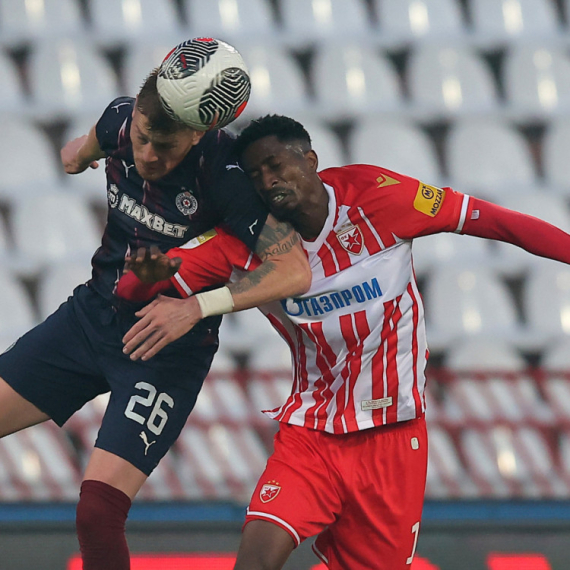

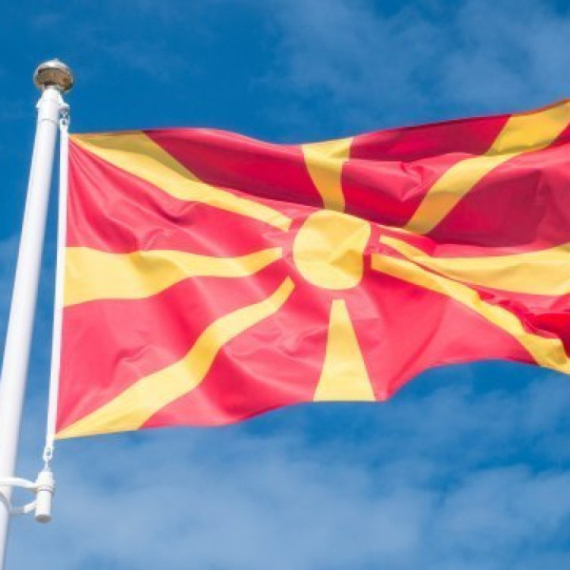
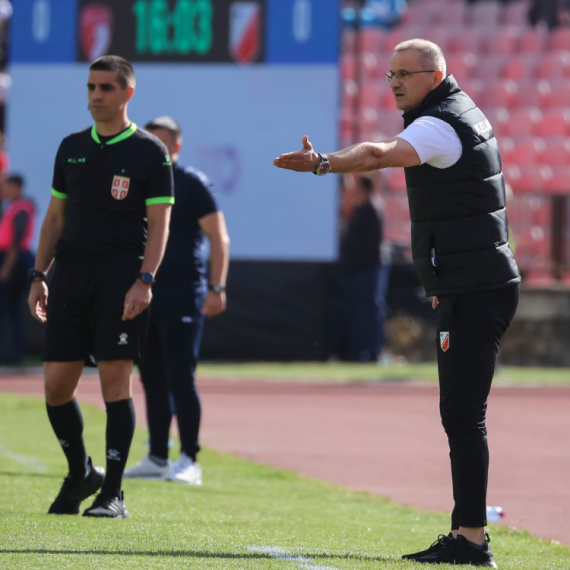

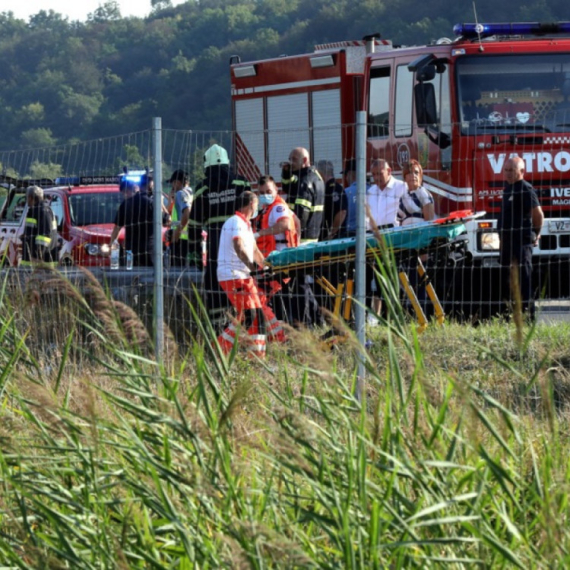
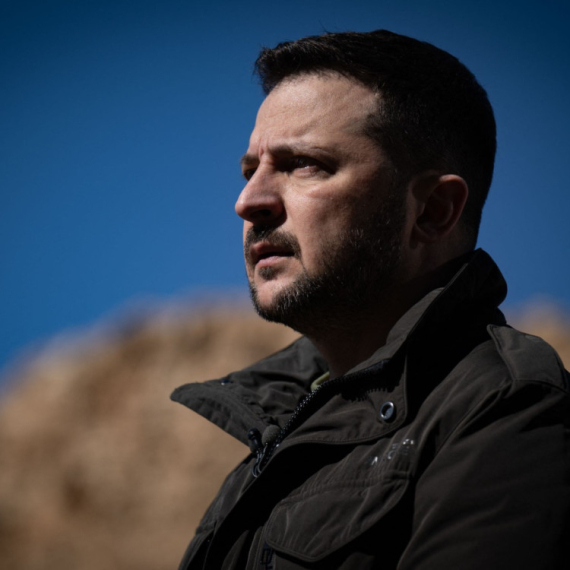
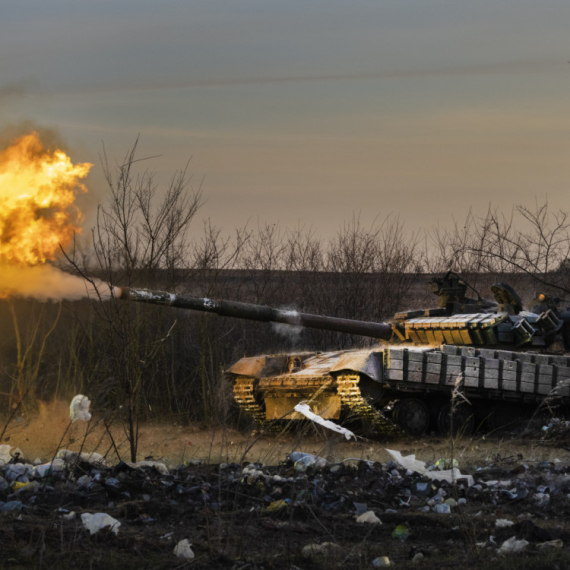





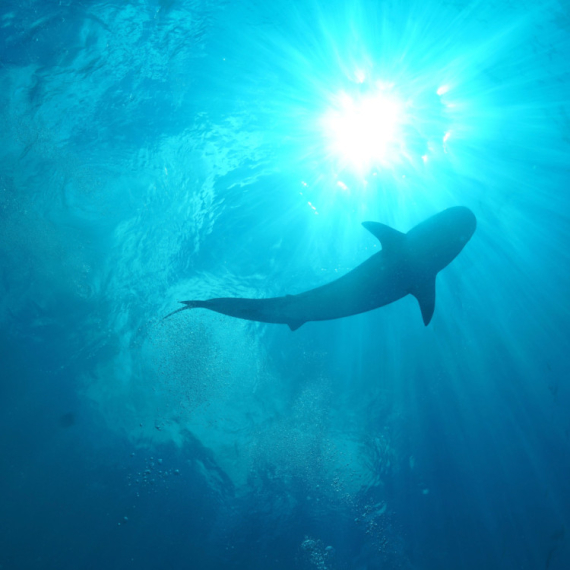



























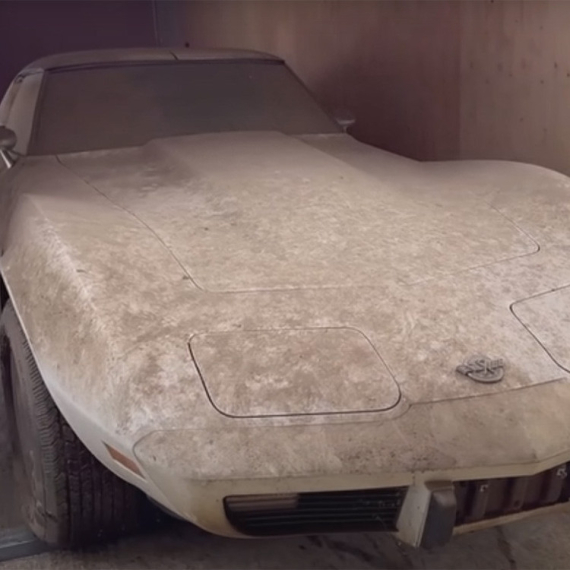



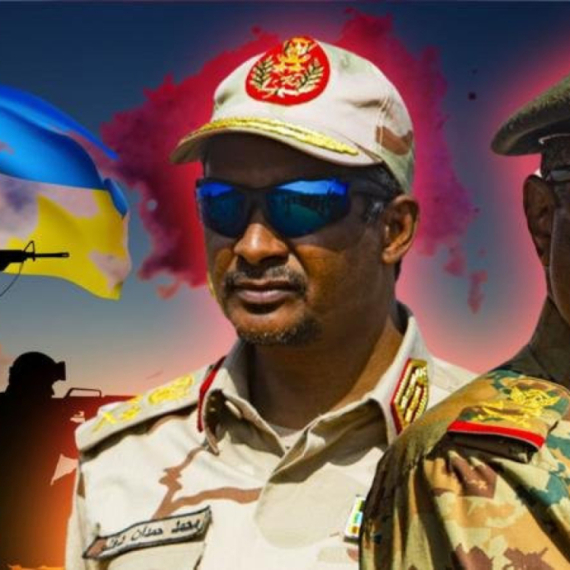
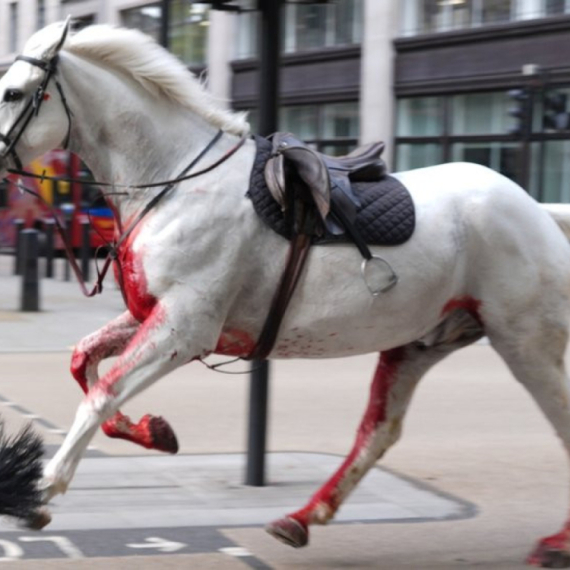

Komentari 54
Pogledaj komentare